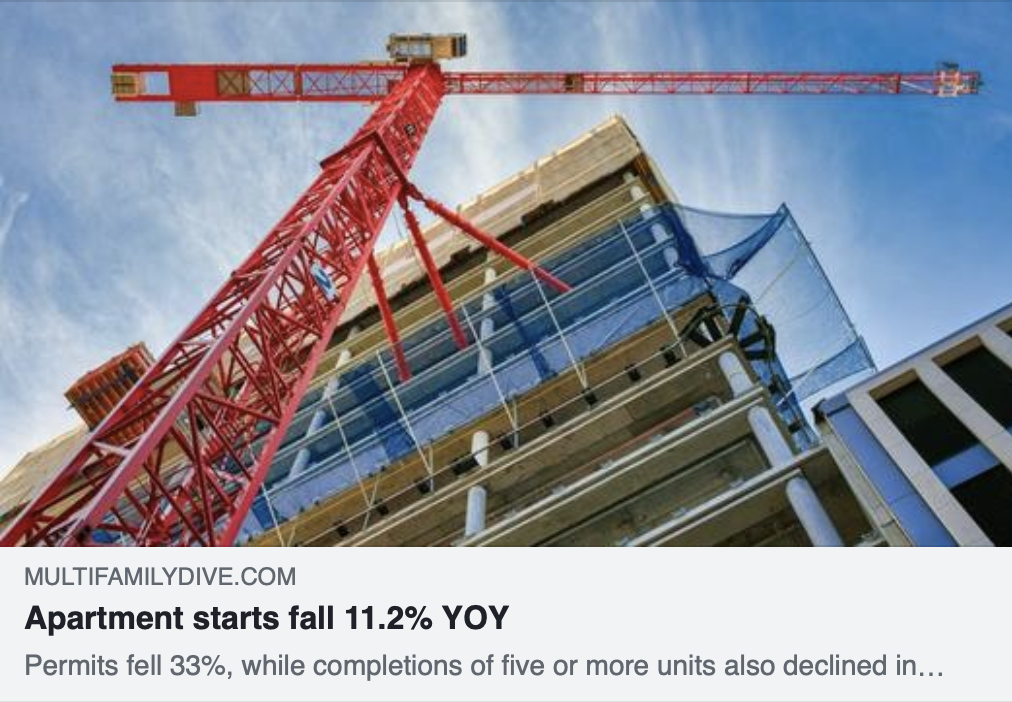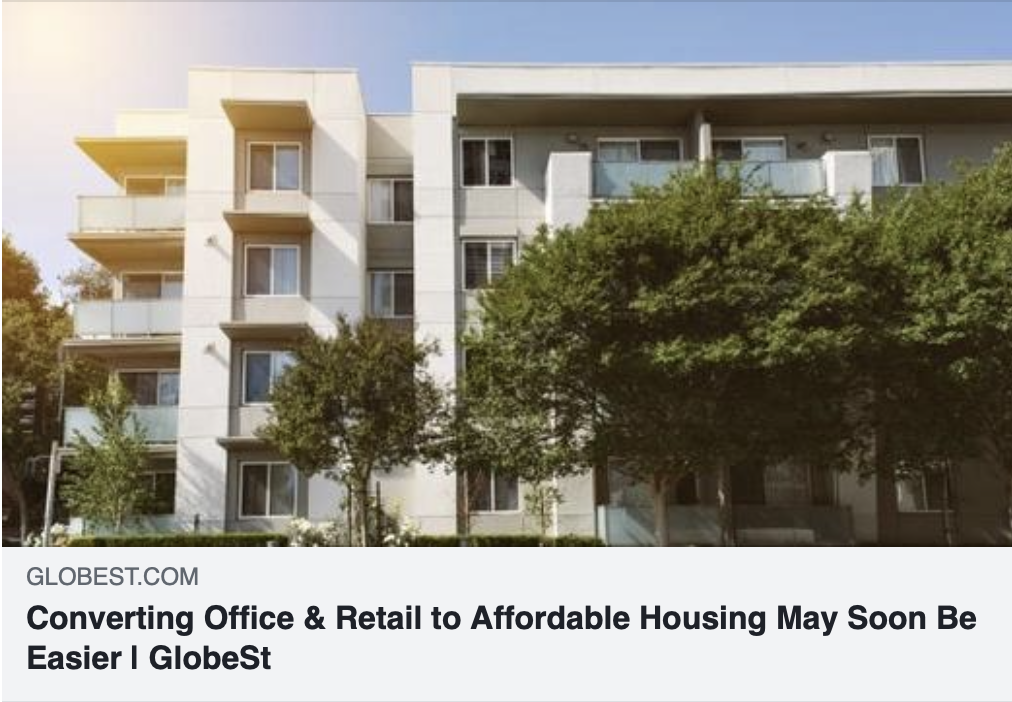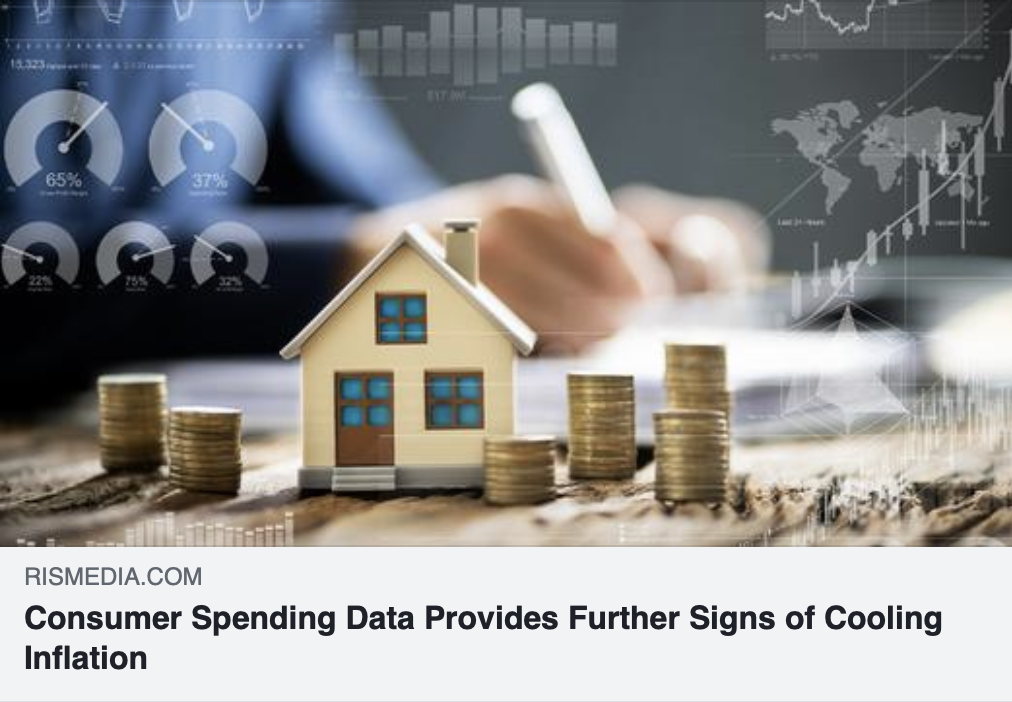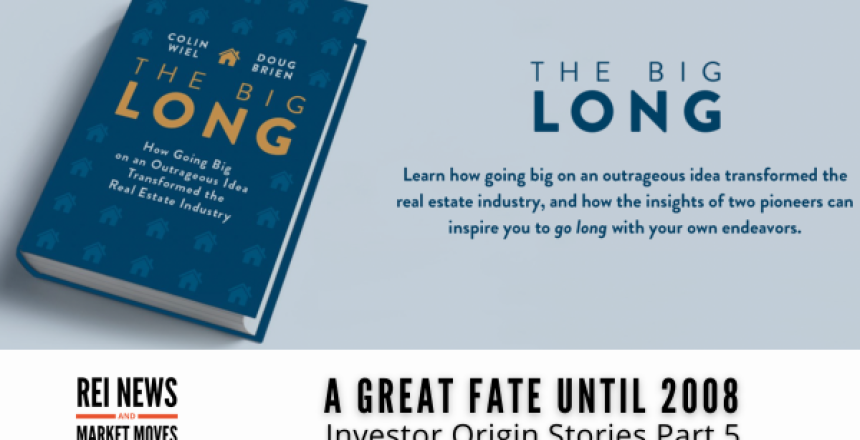A great fate until 2008
Making sense of make believe markets.
In a recent NYT article, writer Melissa Kirsch made the assertion that part of what makes us adults is reconciling the contradictions of our identity. As a new investor searching for success and investment identity, why we are successful is the question we often attempt to reconcile.
Most new investors, myself included, fail to properly weigh the impact of variables beyond our control—like market and market cycle conditions—into the success (or failure) of our investments. Often, we only become aware and begin to reconcile once something has gone wrong. As I referenced in last week’s newsletter, 2006-2008 in Augusta, GA was a perfect market to not be wrong. It was extremely fertile ground for a new investor. It was hard to fail, but, like most rookie and new investors, I made investing much more difficult than it had to be.
I traveled hundreds of miles a week from Greenwood, SC to Orangeburg, SC lacking focus, intention and discipline. I was unsuccessfully trying to not be managed by my investments. As much as I proudly wore the investor badge, I wasn’t really an investor. I was an active collector, occasionally acting like an investor. Even though I had no clue what I was doing, miraculously, I often made money, and it felt good. Everything was going as planned.
Then 2008 happened. The market was reconciling.
Thankfully my ambition and capital only had 2-3 years to expand, so my exposure was far less than many of my peers and mentors. I had 5-10 vacant homes while my mentors had entire apartment and condo communities–vacant and failing fast. It was an extremely difficult time to be in real estate and an especially difficult time to be an investor.
I walked away from $5-10k non-refundable builder deposits in southern Florida and began to feel market pain that would take a while to fully migrate to Augusta. Everybody was wondering where the bottom was and things were spiraling out of control. New construction spec homes in Florida we had been pursuing lost 50-75% of their value overnight in one quarter. Raised with the mindset of always paying bills and doing the “right thing,” there were basic financial survival questions that had to be considered—like the benefit of throwing the keys back to the bank.
My vision of sipping umbrella drinks by the beach had turned into a nightmare of financial ruin. It was shocking, but it wasn’t surprising. Years later, I would have discussions with fellow investors referencing episodes where beginner investors like my 2008-self were buying houses as simply as ordering a cup of coffee. A broken system had really made it that easy.
And like it always has to, the market in search of equilibrium had come to correct/reconcile. What seemed most surprising was the speed, depth and extent of the correction/collapse. Far beyond basic residential real estate distress, the residential real estate market teetered on taking down the entire United States economy. The hottest markets become apocalyptic wastelands of inactivity. On a visit to a spec investment in a failed Pulte Homes subdivision in Kissimmee, Florida, I had the feeling I was on a movie set in an alternate reality. It looked like a Zombie apocalypse had occurred. In a neighborhood with hundreds of homes, the occupied properties were less than five. Broken signs and overgrown lawns were standard. Many houses looked like the owners had left in the middle of the night—which was often the case.
Daily my thoughts focused on how being broke as a music journalist was a hell of a lot more fun.
As bad as it was, Augusta was okay. And it would be much more okay than most markets. Slow to rise in value and appreciation, correction in Augusta was a much softer landing. As I settled into determining the path forward, I began to understand the benefit and searing, Phoenix-like value of a slow and steady, unsexy tertiary market.
Augusta wasn’t an exhilarating ride up, but it was a forgiving fall down. And that would prove crucial for my investment career.
Check back next Monday for the next installment on the new beginnings of my next episode as an investor. Maybe we will finally find out what that Syracuse triplex is worth today.
And to understand why Auben still loves Augusta so much 15 years later, reach out to our market leads Raheema Donnelly and Jonathan Murphy today.
Raheema is Auben’s Senior Investor Account Manager, and Jonathan is Auben’s Market Sales Manager. When you invest responsibly, it’s hard to lose in Augusta and other Southeastern value markets where Auben is located, and we would be happy to show you why.
Also if you want to participate in discussions about smart investors capitalizing on the distress, join Auben’s book club selection of The Big Long, led by Auben Columbia Senior IAM, Mason Brown.
Some things you need to know to grow, below:

Apartment starts dropping YOY…

AI being used in homebuyer process…
Not real estate but a great message: Becoming an adult means reconciling our contradictions…

What home sellers want in a listing agent…

There may be an easier way to convert office and retail to residential…

Consumer spending further indication of inflation cooling…

Buyers want efficient homes…

